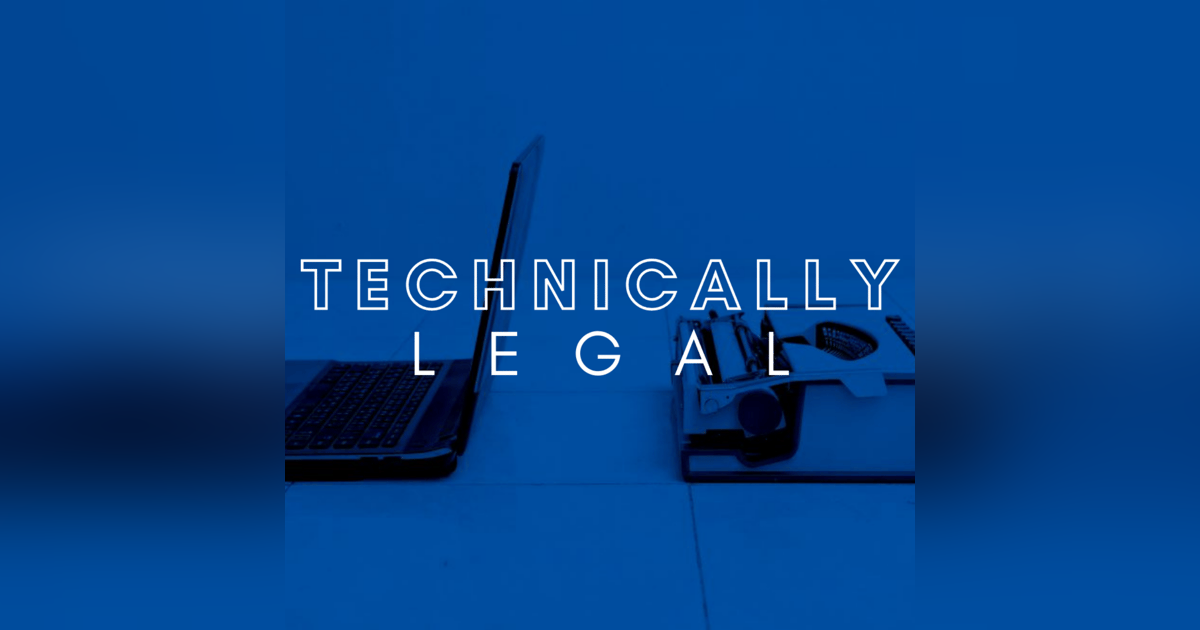Episode 16: Vishal Agnihotri on Knowledge Management for Law Firms & Legal Departments


Our guest this time is Vishal Agnihotri, Chief Knowledge Officer (or “CKO”) for Hinshaw & Culbertson. As CKO, Vishal is responsible for the firm’s knowledge management programs. Vishal has a great definition for KM: the ability to...
Our guest this time is Vishal Agnihotri, Chief Knowledge Officer (or “CKO”) for Hinshaw & Culbertson. As CKO, Vishal is responsible for the firm’s knowledge management programs.
Vishal has a great definition for KM: the ability to identify critical knowledge within an organization and then leveraging it to serve up at the right time for the right purpose.
Vishal explains that law firms are great candidates for knowledge management and law firm CKOs must work closely with the firm’s Chief Information Officers and Chief Marketing Officers.
For law firms and legal departments interested in implementing a knowledge management program, Vishal says the first step is determining what constitutes “critical knowledge” and to use tools to organize that critical information. She suggests a good starting point is a collaboration platform to share knowledge and pose questions and to also utilize a good intranet for the organization.
We also talk to Jeff Kerr, the CEO of CaseFleet. A case chronology and management tool for lawyers that helps attorneys review evidence, organize facts, and identify trends in legal matters. Jeff also points out that CaseFleet is also used by investigative reporters and expert witnesses.
Technically Legal is hosted by Chad Main, an attorney and the founder of Percipient, a tech-enabled alternative legal services provider.
Episode Credits
Editing and Production: Grant Blackstock
Theme Music: Home Base (Instrumental Version) by TA2MI












